Von der Leyen calls for European defense autonomy over NATO
- Update Time : Tuesday, February 11, 2025
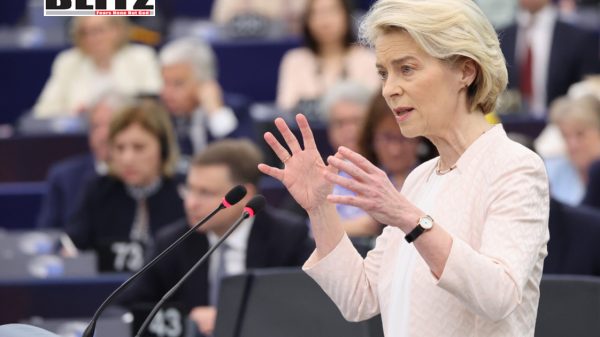
European Commission President Ursula von der Leyen has reignited the debate on Europe’s defense autonomy by calling for an alternative to NATO. Her remarks, delivered during a press briefing in Lithuania on February 9, underscore growing concerns among EU leaders over reliance on the United States for security. As Washington increasingly pressures its NATO allies to ramp up defense spending, and amid uncertainty surrounding future American support for Ukraine, von der Leyen’s call signals a potential shift in European strategic thinking.
Von der Leyen, while reaffirming NATO’s foundational role in European security, argued that the continent must bolster its own defense capabilities. “NATO remains the foundation of our defense. But it is evident that we need a pan-European defense,” she stated, stressing that modern warfare requires cooperation on a scale no single European nation can manage alone. She called for increased defense investment, both from public coffers and private sources, and announced that a comprehensive European defense strategy would be presented to EU leaders by mid-March.
The idea of a European defense force independent of NATO is not new. France and Germany have historically been its most vocal proponents, with French President Emmanuel Macron and former German Chancellor Angela Merkel pushing for “strategic autonomy” from Washington. In 2019, Macron famously declared that NATO was “brain dead” and advocated for a “true, European army.” His sentiment echoed Germany’s push for greater military integration within the EU framework.
The proposal has, however, met resistance. Jens Stoltenberg, NATO’s Secretary-General at the time, warned that a separate European military force could undermine transatlantic unity and weaken European security. Several EU member states, particularly those in Eastern Europe such as Poland and the Baltic nations, have consistently expressed skepticism, fearing that a move away from NATO would leave them more vulnerable to potential Russian aggression.
The resurgence of discussions on European defense autonomy comes against the backdrop of shifting US foreign policy priorities. Since the escalation of the Russia-Ukraine conflict in February 2022, the United States has funneled over $65 billion in military aid to Ukraine. However, with the possibility of Donald Trump returning to the White House in 2025, the continuity of American support remains uncertain. Trump has repeatedly questioned US military assistance to Ukraine, suggesting that Kiev has “had enough” and advocating for a peace settlement with Russia.
Europe’s unease about US commitment to the continent’s security is not unfounded. Trump’s previous presidency saw strained transatlantic relations, with repeated demands that European NATO members significantly increase their defense spending. His rhetoric fueled concerns that the US could reduce its role in NATO or even withdraw altogether, a scenario that would leave Europe with a critical security vacuum.
In anticipation of potential shifts in US policy, France has taken steps to reinforce its military capabilities. Macron recently announced that France would double its defense budget and urged other European nations to follow suit. His appeal underscores a broader push within the EU to enhance collective defense capabilities, regardless of NATO’s future trajectory.
However, skepticism remains among key EU players. Countries like Denmark and Poland have consistently favored maintaining security guarantees under the NATO framework. Danish and Polish leaders argue that European defense should complement NATO rather than seek to replace it. Moreover, former EU foreign policy chief Josep Borrell stated in 2024 that while the bloc should strengthen military capabilities, creating a common European army was not a viable option in the near term.
The creation of an autonomous European defense structure presents substantial economic and political challenges. First, EU nations would need to allocate significant financial resources to establish and maintain a credible defense force. While Europe has increased defense spending since 2022—most notably Germany reversing its post-World War II reluctance to militarization—there remain disparities in military investment across the bloc. France and Germany have taken the lead, but other nations have been slower to commit substantial funding.
Additionally, political cohesion remains a major obstacle. The EU comprises 27 member states with varying security priorities and threat perceptions. Western European nations like France and Germany prioritize strategic autonomy, whereas Eastern European states view NATO as the only credible deterrent against Russian aggression. Reaching a consensus on defense cooperation and funding mechanisms would require extensive negotiations and political compromises.
Von der Leyen’s call for increased private sector involvement in European defense suggests a growing recognition that government budgets alone may not be sufficient. The European defense industry, while capable, lacks the scale of the US military-industrial complex. Increased public-private partnerships could help address gaps in technological innovation, military procurement, and cyber warfare capabilities. However, reliance on private sector investment introduces additional complexities, including issues of profitability, national sovereignty, and regulatory oversight.
As the EU prepares to unveil its strategic defense plan in March, the coming months will be crucial in determining whether von der Leyen’s vision for a pan-European defense structure gains traction. The proposal will likely face opposition from member states firmly committed to NATO, as well as logistical hurdles in funding and military coordination.
Nevertheless, the debate over European defense autonomy is unlikely to dissipate. The unpredictability of US foreign policy, combined with the growing perception that Europe must take greater responsibility for its security, will keep the issue at the forefront of EU policy discussions. Whether the bloc ultimately pursues a fully independent military force or merely strengthens existing defense cooperation mechanisms within NATO remains to be seen.
For now, the EU stands at a crossroads, balancing between its long-standing reliance on NATO and the growing calls for strategic self-sufficiency. Von der Leyen’s remarks mark a significant step in that ongoing conversation-one that could reshape European security policy for years to come.


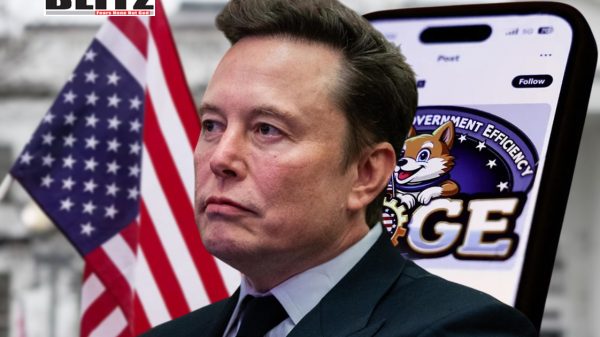
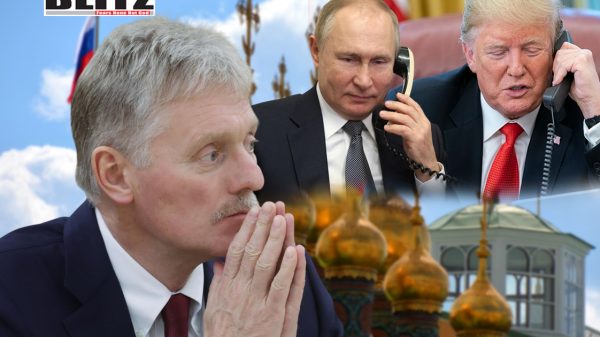
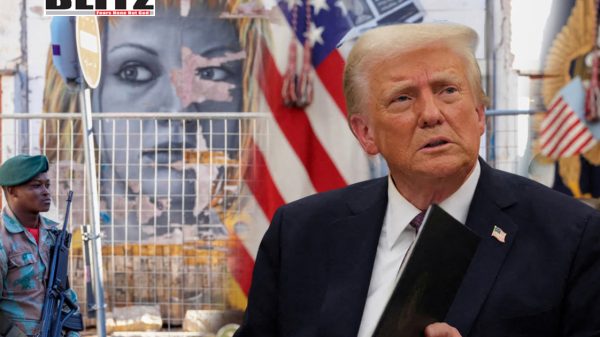
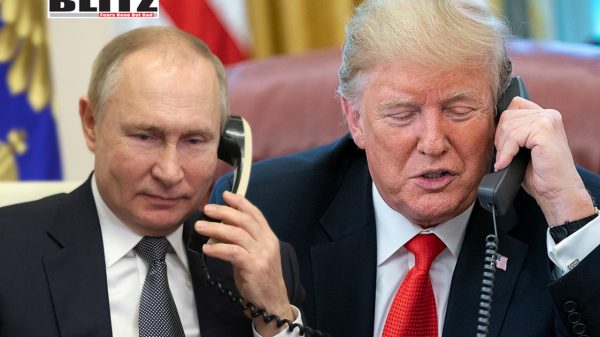
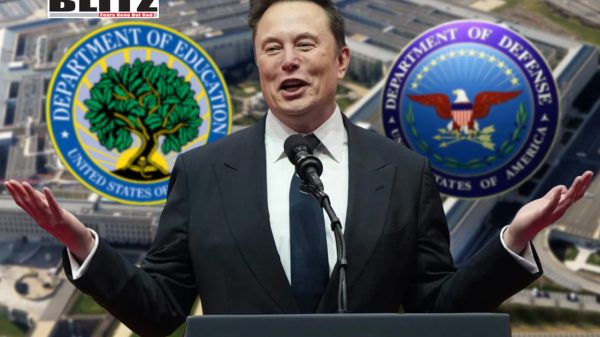
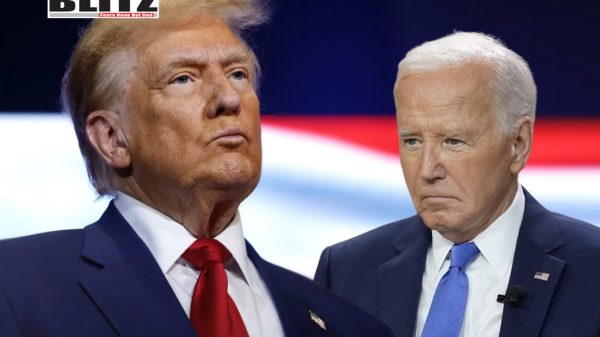
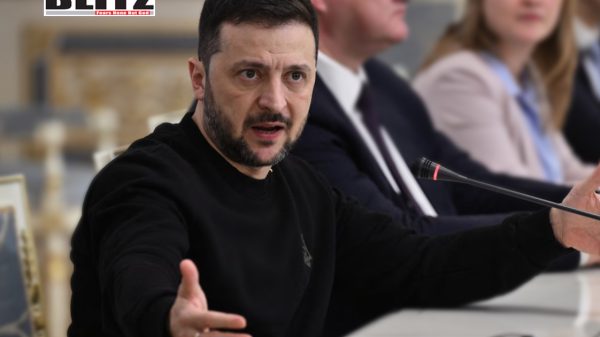
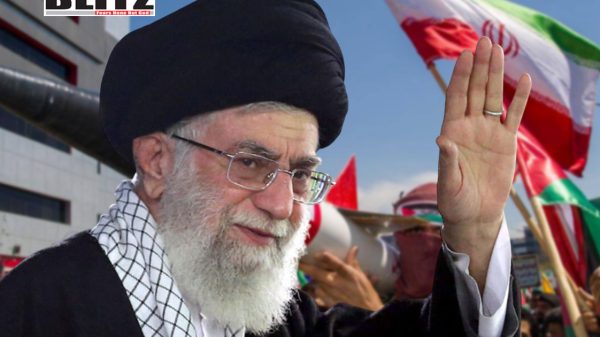
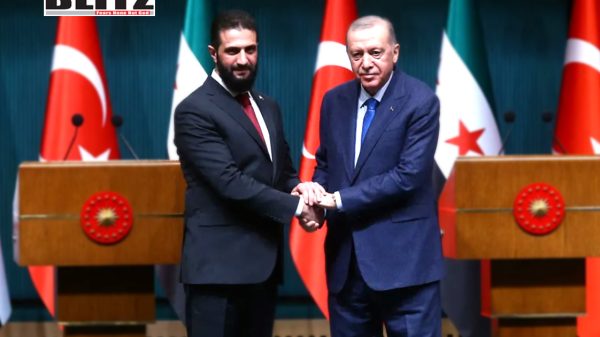



Leave a Reply